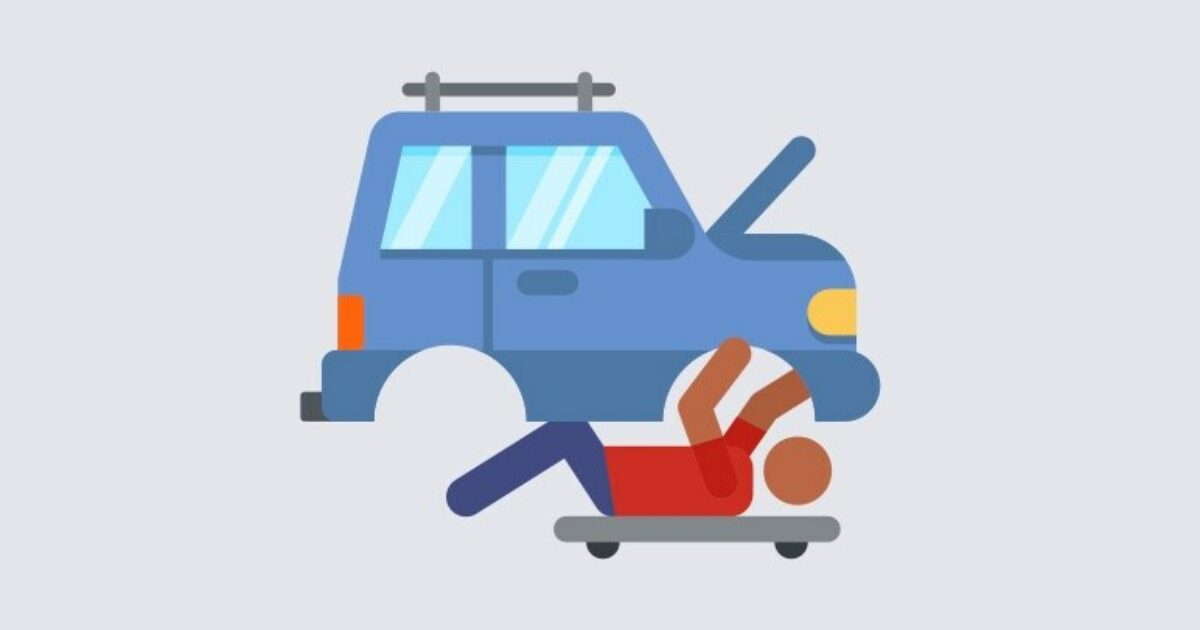There’s no one right time to sell your car, but there are a number of factors you can pay attention to. The age and condition of your car should dictate the general period that you look to sell it in, and a range of industry and seasonal factors could point you to a specific time within that period.
To avoid a situation where you’re picking a time at random to sell your car, Jamjar has put together this handy guide to all the main factors you should consider. We start with the signs to watch out for in your current vehicle, then explain some of the different external factors that could push you to sell at different times in the year.
The car itself
The biggest factor in how much you’ll get for a car and how easy it’ll be to shift is the condition of the vehicle. Age, mileage and maintenance costs should all come into consideration.
Generally speaking, a car loses value the most sharply in its first year of life (depreciating by 15-30%), then continues to deprecate sharply until it’s around 3 years old, at which point it could have halved in value. The 3-year mark can be a good time to look to sell a relatively new car, especially if it’s in good condition. At this point, you’ll have got a lot of use out of it, but it could still be in fairly high demand. Its first service will usually be due around this point, too, which could result in a fairly pricey replacement of brakes or tyres. It might be an idea to sell before getting to this point.
The general reliability of the car is another factor that you should consider. Some cars could start to develop issues beyond 70,000 miles or so, though the truth is, many will continue to run well beyond 100,000 miles. A good indicator of whether or not you should be selling is how much you’re paying for servicing and maintenance. If you’re stumping up four figures a year for a car that’s barely worth £5,000, it’s probably not worth hanging on to. At this stage, you’re unlikely to get much for it privately, but selling to an online used car buyer can be a great way to cash in quickly, securely and conveniently.
The final point to consider for the car is more personal: how well does it meet your needs? If your circumstances change – you have had a new addition to the family, or move into a busy city – you might need to upgrade or downgrade your model. Don’t be afraid to shift your vehicle as soon as it becomes less useful – selling your car doesn’t have to be hard, and there are plenty of other great cars out there.
Seasonality

Believe it or not, the time of year can have a big impact on the price of your car. If you’ve decided you want to sell, you might want to hold on a month or two to make sure you’re getting as much money for your motor as possible.
Different models in different seasons
Certain types of cars sell for more at different times of the year. For example, convertibles will sell for more in the warmer months, whereas autumn and winter tend to see higher prices for SUVs and 4x4s. If you own a model that has particular advantages at certain times in the year, the chances are good that it will be better to sell at that time than in its off-season.
Gift seasons
Other times of the year can increase the general demand for cars. Christmas and university graduations (July-September) tend to increase the demand for cars because they’re popular gifts at these times. Cars tend to be given as gifts to young people, so if you have a smaller, cheaper model that’s good for a new driver or someone living in a city, it could be worth holding onto it until these times of the year.
Industry factors
Some factors within the industry can also change the demand and value of used cars. One time to avoid selling, if you can, is when the new registration plates come in. This happens twice each year, in March and September, and many people choose to buy new cars at this time to get a new plate. This means they’ll be selling up their old motors to afford the new ones, so the market can get flooded with more used cars than normal. If you’re not worried about raising funds for a new plate yourself, it’s worth leaving a month or two on either side of these periods to make sure you don’t lose out.
Another time to avoid is if a newer version of your model gets released. Once this newer car hits the market, your older version will become less desirable. If you catch wind of a new release coming up, you should try to shift your car before it happens, or you could be the victim of a sharp drop in value.
You can’t stay on top of every factor, but if you bear some of this information in mind you should be able to avoid selling your car at a really bad time of the year. However, if you get it right, you can get a great deal for your car that will set you up nicely for whatever you have planned next.


